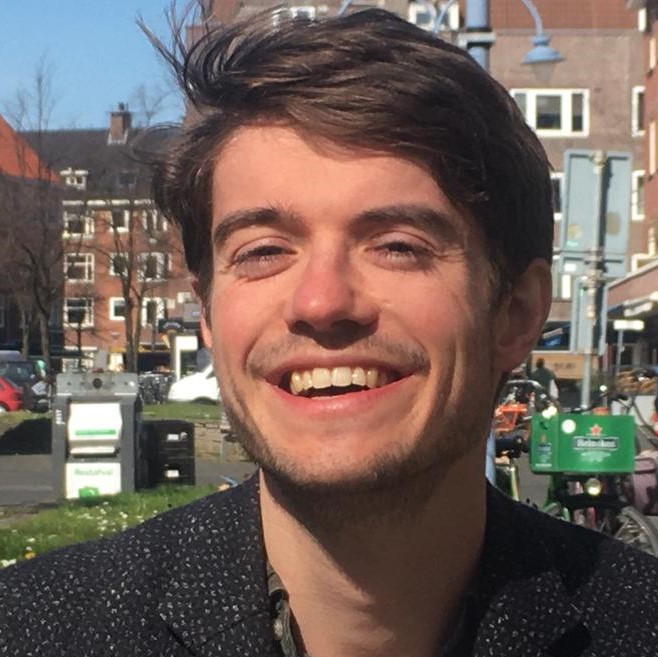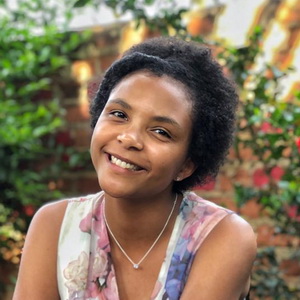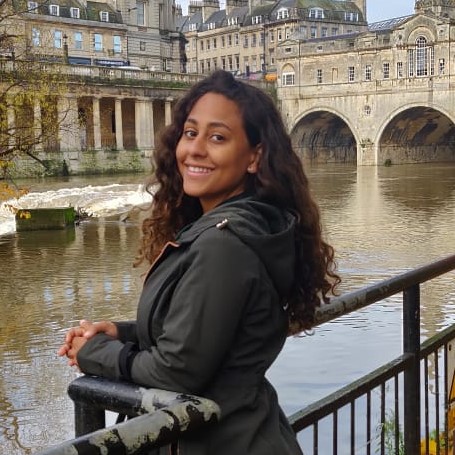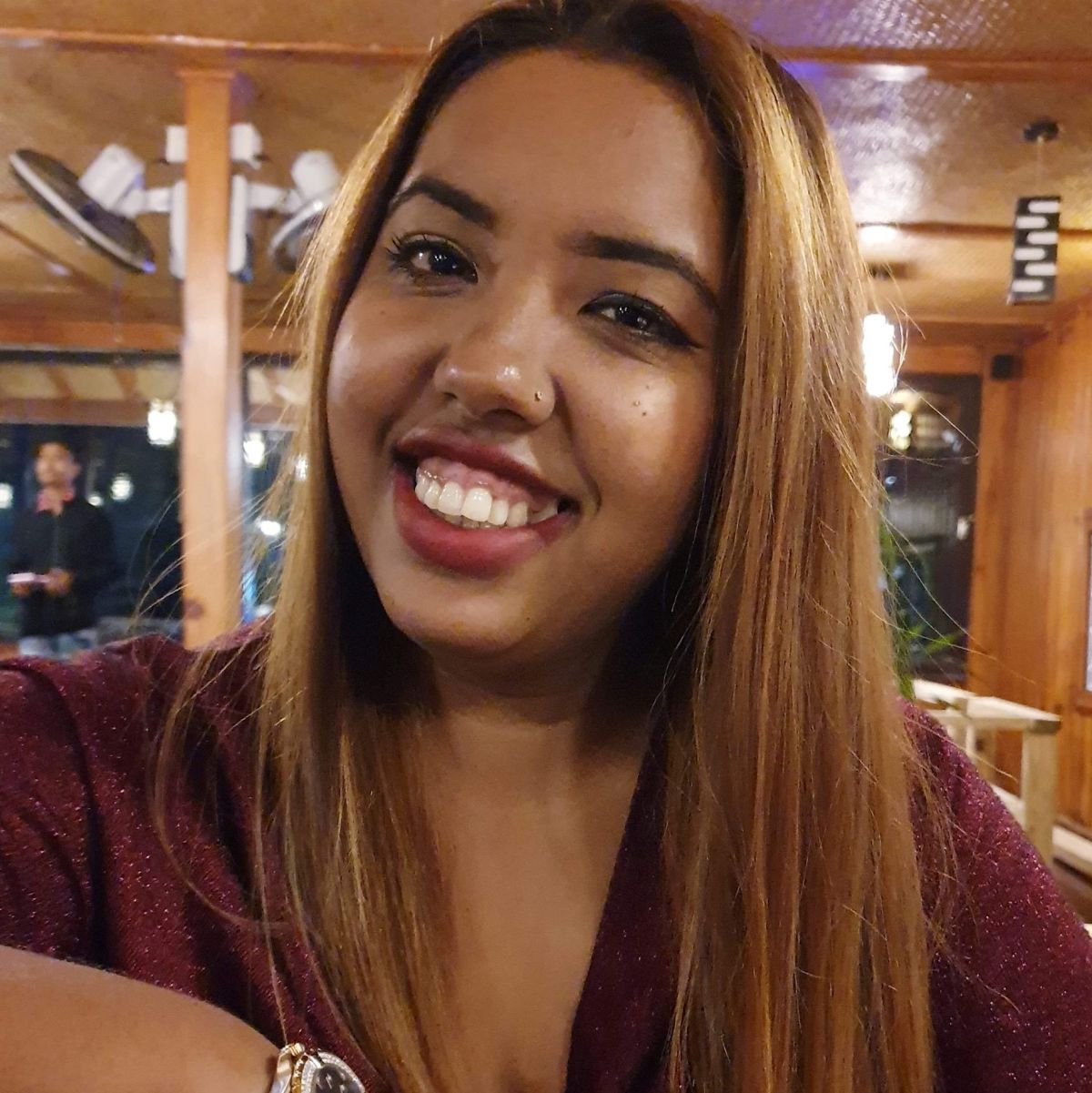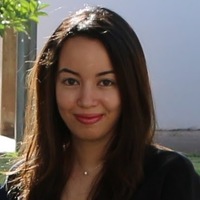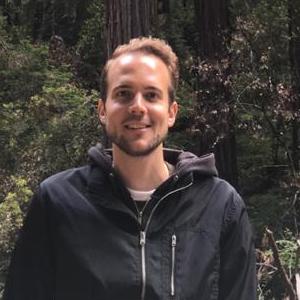Biseksuele Mannen: Bestaan We Überhaupt Wel?
Met zoveel recente acceptatie van het idee dat seksualiteit een spectrum is, lijkt het feit dat wij biseksuele mannen de noodzaak voelen ons eigen bestaan te verdedigen heel vreemd in 2020.
Australia, Oceania
Story by Hal Fulcher. Translated by Joost Backer
Published on March 5, 2020.
This story is also available in 







Met zoveel recente acceptatie van het idee dat seksualiteit een spectrum is, lijkt het best raar dat wij biseksuele mannen nog steeds de noodzaak voelen om ons hele bestaan te rechtvaardigen.
Het was een worsteling om een biseksuele tiener te zijn. Toen ik op mijn 13e voor het eerst de term ‘biseksueel’ hoorde, had ik onmiddellijk een ‘Aha!’ moment, terwijl ik tegelijkertijd het idee heftig verwierp. ‘Ik vind Kristen van wiskunde leuk, dus ik ben hetero,’ hield ik mezelf voor – terwijl ik koste van kost vermeed om aan de jongens in mijn klas te denken waartoe ik me ook aangetrokken voelde.
Opgroeiend in een klein, best homofobisch stadje in Australië maakte dat ik mijn aantrekkingskracht naar mannen jarenlang ontkende. Terwijl vrienden om mij heen hun eerste prille relaties begonnen, deed ik mijn best om te doen alsof ik niet eens een seksualiteit had – hopende dat het leven weer net zo simpel zou worden als voordat de puberteit toesloeg. ‘Misschien als ik gewoon Harry Potter voor de 10e keer lees en doe alsof er niets aan de hand is, kan ik de middelbare school wel doorkomen.’ – Mijn innerlijke monoloog rond 2003.
Pas toen ik begin 20 was voelde ik me genoeg op mijn gemak om toe te geven dat ik biseksueel was – eerst aan mezelf, en toen aan anderen. Hoewel de dingen zeker makkelijker zijn geworden nadat ik uit de kast ben gekomen en een last van mijn schouders is gevallen, is het nog steeds een persoonlijke hindernis om me te identificeren als biseksueel bij het aangaan van relaties en om me geaccepteerd te voelen door degenen om mij heen. Soms vraag ik me af of dit gewoon een remming is door mijn opvoeding in een klein stadje – ik ben immers uit Australië geëmigreerd toen ik 22 was en heb sindsdien in verschillende veel meer tolerante Europese steden gewoond.
Echter, er is iets dat me blijft verrassen: de opgetrokken wenkbrauwen en het wantrouwen die ik soms nog steeds krijg van zowel hetero- als homo-seksuele mensen als ik ze vertel dat ik biseksueel ben. In het verleden hebben hetero vrouwen me afgewezen omdat ik ‘gewoon homo’ was, en homoseksuele mannen hebben beweerd dat ik ze uiteindelijk zou verlaten voor een vrouw.
Dit gevoel van ‘er niet helemaal bij horen’ in zowel de hetero- als homo-gemeenschap kan wellicht meer licht werpen op het rapport van het Center for American Progress (2018), waaruit bleek dat biseksuelen slechter af zijn dan zowel hetero- als homoseksuele mensen als het gaat om een reeks sociale en gezondheids-indicatoren. Hoewel homoseksuele mannen bijvoorbeeld een twee keer zo’n grote kans hebben om in armoede te leven dan heteroseksuele mannen, verdubbeld dit getal zich voor biseksuele mannen – waarvan ik natuurlijk geschokt was toen ik het ontdekte. Des te meer aangezien biseksuelen de grootste component uitmaken van de LGBT community – maar liefst 52 procent, volgens deze studie van het Movement Advancement Project (2016). Maar we lijken ook het minst zichtbaar – waar zijn alle biseksuele bars en steungroepen? Opvallend afwezig.
Het ergste is als mensen niet geloven dat mijn seksualiteit überhaupt bestaat. Onlangs nog, op 24 februari was er een wereldwijd trending topic op Twitter: #BisexualMenExist, waarin – je raadt het al – biseksuele mannen de lang bestaande overtuiging weerlegden dat we fictieve en/of denkbeeldige wezens zijn die ergens in het noorden van Narna wonen.
Met zoveel recente acceptatie van het idee dat seksualiteit een spectrum is, lijkt het feit dat wij biseksuele mannen de noodzaak voelen ons eigen bestaan te verdedigen heel vreemd in 2020.
Gek genoeg vroeg iemand me twee maanden geleden zelfs: ‘Wat is biseksualiteit?’ Hoewel het geenszins beledigend bedoeld was, verbaas ik me toch over dit niveau van onwetendheid. ‘Leef je onder een steen of zo?’ wilde ik eigenlijk zeggen. Misschien zei ik dat ook wel; ik had wat drankjes op en herinner het me niet meer.
Opvallend genoeg lijken biseksuele vrouwen niet hetzelfde probleem te hebben, wat bewijst dat seksuele identiteit echt een ding is. Vermoedelijk komt dit omdat heteroseksuele mannen (lees: de patriarchale maatschappij) het idee ophemelen van twee vrouwen die samen zijn, maar nog wel mannelijke aandacht verlangen. Maar twee mannen die samen zijn dient niet het verlangen van de heteroseksuele man, wat dus betekent dat beide mannen 100% homoseksueel zijn. Ik bedoel, IS ER ÜBERHAUPT OOK MAAR IEMAND DIE 100% HET EEN OF HET ANDER IS?! De ‘binaire seksualiteit’ verwart me en ik zal het eerlijk gezegd nooit begrijpen.
Nog een reden waarom ik denk dat het bestaan van de biseksuele man soms in twijfel wordt getrokken, is ons ernstige gebrek aan vertegenwoordiging op tv en in de media in het algemeen. PARDON, MAAR WAAR ZIJN WE? Opgroeiend in Australië was ook maar enige vorm van vertegenwoordiging – zo ver zou ik willen gaan – volledig afwezig.
Dit begint gelukkig te veranderen, gepaard gaand met een vertegenwoordiging van andere ‘queer’ identiteiten. Platforms zoals Netflix laten steeds meer diverse seksualiteiten en gender identiteiten zien in hun programmering. In de wereld van reality tv had bijvoorbeeld het meest recente seizoen van MTV’s ‘Are You The One’ 16 ‘seksueel vloeibare’ deelnemers die hun ‘perfect match’ probeerden te vinden in een huis zoals Big Brother. Vanzelfsprekend was ik best wel (lees: heel erg) geobsedeerd met de show, en verbaasd over hoe waanzinnig blij het me maakte om andere biseksuele mannen (en vrouwen en niet-binaire mensen) vertegenwoordigd op het scherm te zien op een genormaliseerde en niet-gestileerde manier.
Samenvattend, bestaan biseksuele mannen? Uhh… ja, duh. Worden we soms buitenspel gezet en voelen we ons daardoor onzichtbaar? Ook ja. Maar de dingen zijn aan het verbeteren.
How does this story make you feel?
Follow-up
Do you have any questions after reading this story? Do you want to follow-up on what you've just read? Get in touch with our team to learn more! Send an email to [email protected].
Talk about this Story
Please enable cookies to view the comments powered by Disqus.
Subscribe to our Monthly Newsletter
Stay up to date with new stories on Correspondents of the World by subscribing to our monthly newsletter:
Other Stories in Nederlands
Explore other Topics
Get involved
At Correspondents of the World, we want to contribute to a better understanding of one another in a world that seems to get smaller by the day - but somehow neglects to bring people closer together as well. We think that one of the most frequent reasons for misunderstanding and unnecessarily heated debates is that we don't really understand how each of us is affected differently by global issues.
Our aim is to change that with every personal story we share.
Community Worldwide
Correspondents of the World is not just this website, but also a great community of people from all over the world. While face-to-face meetings are difficult at the moment, our Facebook Community Group is THE place to be to meet other people invested in Correspondents of the World. We are currently running a series of online-tea talks to get to know each other better.












